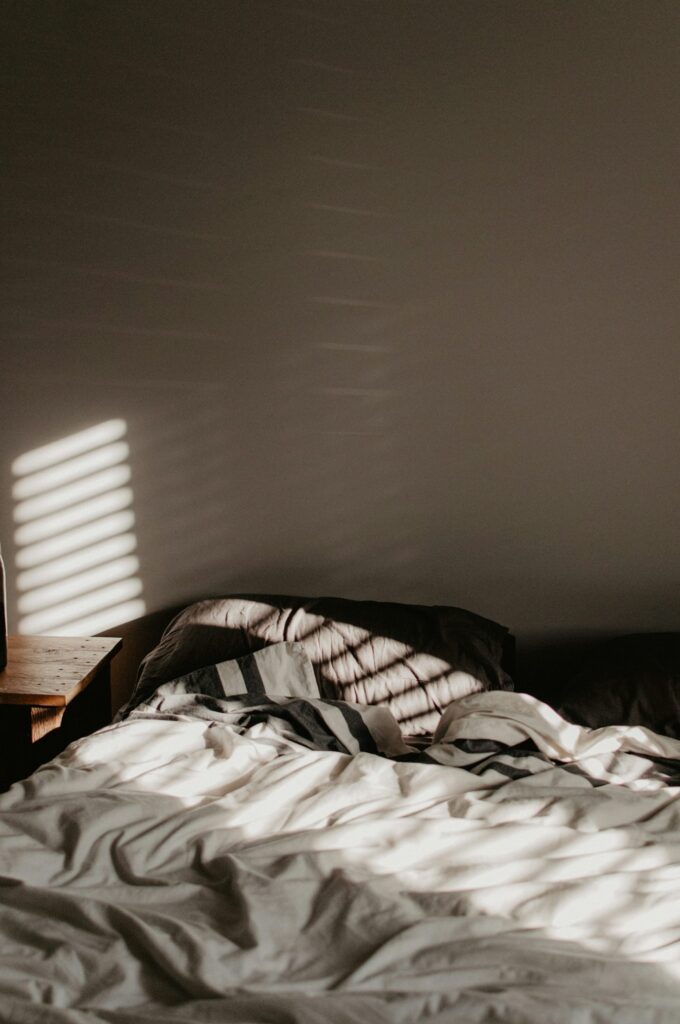Busting 6 Myths on Sleep
1 – You can “catch up” on sleep.
Despite popular belief, you can’t ‘catch up’ on ‘lost’ sleep. Though you may feel rested temporarily sleeping in after a deficit, it does not make up for the lost. Regular or long-term deprivation increases the risk of health problems such as high blood pressure, heart disease, and negative mood and behaviour. It’s important to aim for a healthy night’s rest each night, without relying upon the made-up ‘catch up’ when the weekend comes.
2 –As you age, you need less rest.
While it’s true that throughout your early life, as you grow you will need less sleep than when you were a child, requirements tend to stabilise in adults from the age of 20. Though what a person needs will vary, most adults required 7-9 hours a night to feel fully refreshed. Though the quality of sleep may decrease with age, the need for that rest does not decline.
3 – You can train yourself to need less sleep.
Some people may only need less than 6 hours sleep per night (short-sleeper-syndrome), though these are rare cases and not something they ‘train’ for but instead a genetic trait. For most adults, surviving on less than the recommended 7-9 hours per night can have lasting effects on their health and mood. We can’t thrive on very little rest, and we can’t trick the body into thinking it can.
4 – Alcohol helps you rest.
Alcohol can make you feel drowsy, but it doesn’t ‘help’ you sleep. It disrupts your sleep cycle and ruins the restorative power of the rest you are getting. It can cause disrupted rest, increasing nightmares, and waking. Delaying the body entering REM sleep which is key for brain development and emotional processing, alcohol can leave you feeling unrested and irritable.
5 – Watching TV or using your phone in bed helps you relax.
In a recent study, when asked 82% of adults in the UK reported that they sometimes watch television before bed, and 50% stated it was a regular occurrence. Yet, technology before bed is linked to difficulties in falling and staying asleep. The blue light from our screen can stop our body’s production of melatonin (the sleepy hormone), and stimulating content can prevent the body from resting. Best to put down the phone and turn off the TV for at least 30 minutes before bedtime.
6 – Snoring is harmless.
Although occasional snoring may not be a problem, loud and frequent snoring may be a sign of sleep apnoea. Sleep apnoea is a life-threatening disorder whereby breathing briefly stops or becomes shallow during the night. If left untreated sleep apnoea can disrupt sleep causing concentration issues, and if left untreated long term can lead to serious health problems. While not every snore-er has sleep apnoea, sufferers typically do snore loudly and frequently. If your snoring is persistent and disruptive it’s worth having a word with your doctor to see what they can do for you.








